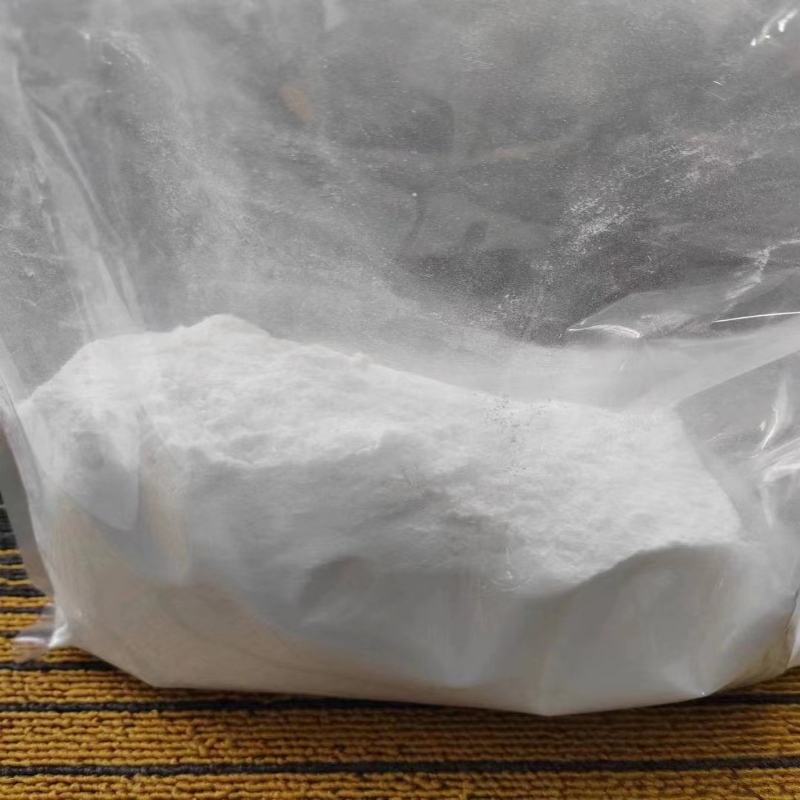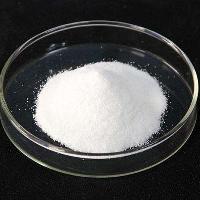-
Categories
-
Pharmaceutical Intermediates
-
Active Pharmaceutical Ingredients
-
Food Additives
- Industrial Coatings
- Agrochemicals
- Dyes and Pigments
- Surfactant
- Flavors and Fragrances
- Chemical Reagents
- Catalyst and Auxiliary
- Natural Products
- Inorganic Chemistry
-
Organic Chemistry
-
Biochemical Engineering
- Analytical Chemistry
- Cosmetic Ingredient
-
Pharmaceutical Intermediates
Promotion
ECHEMI Mall
Wholesale
Weekly Price
Exhibition
News
-
Trade Service
Click on the blue word to follow us
Animals can flexibly extract relevant memories according to the current state, different emotional experiences have obvious regulatory effects on the memory process, acute stress can hinder memory retrieval, and rich environment will enhance memory acquisition, but there is still littleunderstanding of how the hippocampal brain region integrates different emotional experiences into the memory process.
Spatial learning promotes the differentiation of dorsal hippocampal nerve precursor cells into neonatal neurons, and movement and environmental enrichment can also promote neurogenesis
by increasing the number of neonatal neurons.
Affective states can regulate neurogenesis in hippocampal brain regions, chronic stress can increase neuroinflammation in the center through glucocorticoids to inhibit neurogenesis, and social rewards can induce neurogenesis
by altering stress-regulating hormone levels.
Suggesting neurogenesis may be a key link
between emotional experience and memory retrieval.
On November 11, 2022, Zhong Yi's team from Tsinghua University found that dorsal hippocampal brain region (dDG) neogranules (anbGCs) play an important role in mediating memory retrieval in emotional states, and acute social stress reduces the activity of memory trace cells and inhibits memory retrieval
through anbGCs.
1
anbGCs in dDG regulate acute social experiences on memory retrieval
social experience on memory.
Male rats are exposed to 2 female rats for 10 min, called acute social reward (aSR); Male rats exposed to 5 male mice for 10 min is called acute social stress (aSS).
After situational conditioned fear (CFC) training, aSR significantly increased the retrieval of CFC memory in mice, while aSS significantly decreased the retrieval
of CFC memory in mice.
The use of X-ray irradiation to damage the neurogenesis of the hippocampus brain region was found to cancel the effects of aSR and aSS on CFC memory, indicating that neurogenesis is involved in the regulation of memory by social experience
.
Further detection of anbGCs activity of dDG, using c-ofs and bromodoxyuridine (BrdU) for co-standardization, it was found that both aSR and aSS significantly activated anbGCs
.
Subsequently, chemogenetics was used to inhibit the activity of anbGCs, and it was found to cancel the effect
of aSR and aSS on CFC memory.
Illustrating that anbGCs in dDG regulate acute social experiences on memory retrieval
.
Figure 1: anbGCs in dDG regulate acute social experiences to memory retrieval
2
anbGCs bidirectionally regulate the activity of memory trace cells
Using the c-fos promoter-driven Tet-off system to label memory trace cells in the dDG brain region, followed by the administration of aSR and aSS to CFC-trained mice, it was found that the number of memory trace cells activated after aSR increased significantly, while the data of memory trace cells activated by aSS decreasedsignificantly.
aSR enhances memory by activating memory trace cells, while aSS weakens memory by inhibiting the activity
of memory trace cells.
To determine whether activation of memory trace cells is dependent on anbGCs, the researchers used X-ray irradiation to irradiate neurogenesis in the injured hippocampus and found that blocking neurogenesis in hippocampusal brain regions eliminated aSR-mediated activation of memory trace cells, and aSS-mediated inhibition
of memory trace cells.
Figure 2: anbGCs bidirectionally regulate the activity of memory trace cells
3
aSR and aSS activate different types of anbGC, respectively
The researchers hypothesized that aSR activates memory-associated anbGCs to promote memory enhancement, while aSS activates non-memory-associated anbGCs to inhibit memory retrieval.
Using chemogenetics to inhibit anbGCs involved in memory encoding during CFC learning, behavioral assays found that sSR could not promote memory retrieval, while aSS effectively inhibited memory retrieval
.
summary
In this paper, it is found that acute social reward induces the activation of memory trace cells and enhances memory retrieval through memory-related anbGC.
Acute social stress reduces the activity of memory trace cells and inhibits memory retrieval through non-memory-related anbGC, indicating that anbGC plays a key role
in emotional state-dependent memory regulation.
【References】
1.
Adult newborn granule cells confer emotionalstate–dependent adaptability in memory retrieval
The images in the article are from references







